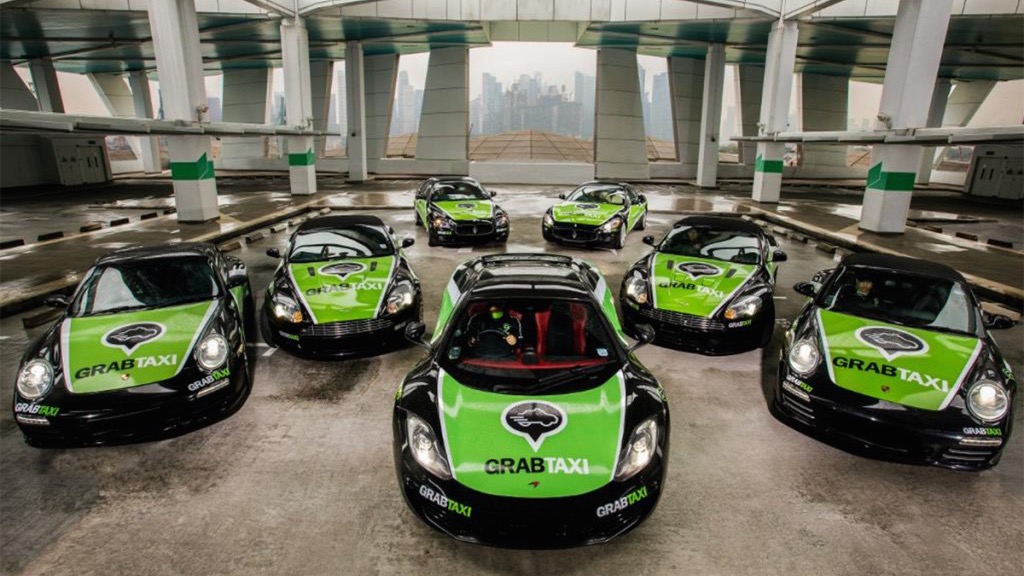

It’s been a rough year for Uber. At home, the ride-sharing company is weathering a sexual harassment scandal that has already led to the ouster of CEO Travis Kalanick, and a legal battle with Waymo over self-driving car tech. Meanwhile, Uber faces stiffer competition abroad. Grab, a ride-sharing service operating in Southeast Asia, announced Monday that it had raised $2 billion from Japanese tech investor SoftBank and onetime Chinese Uber rival Didi Chuxing, according to Business Insider. The company expects to raise another $500 million before its current funding round closes.
The funding infusion will strengthen Grab while Uber remains on the defensive abroad. Last year, it sold its Chinese business to Didi, and it recently announced plans to merge its Russian operations with local tech giant Yandex, which runs its own ride-sharing service. Uber also faces pressure from lawmakers and taxi drivers in Europe, who are questioning the company’s business model.
Founded in 2012, Grab currently operates in 65 cities in Singapore, Indonesia, The Philippines, Malaysia, Thailand, Vietnam, and Myanmar. It claims to have 1.1 million drivers. Grab said it will use the recently-acquired funds to expand within Southeast Asia, and to develop its GrabPay payment platform.
With backing from two new large investors, Grab could present a threat to Uber in yet another foreign market. While Uber was quick to expand outside the United States, the company has lost ground to rivals with a focus on specific markets. In the U.S., it also faces increasing pressure from Lyft. These forces may turn Uber’s quest for world domination into a quest for survival.